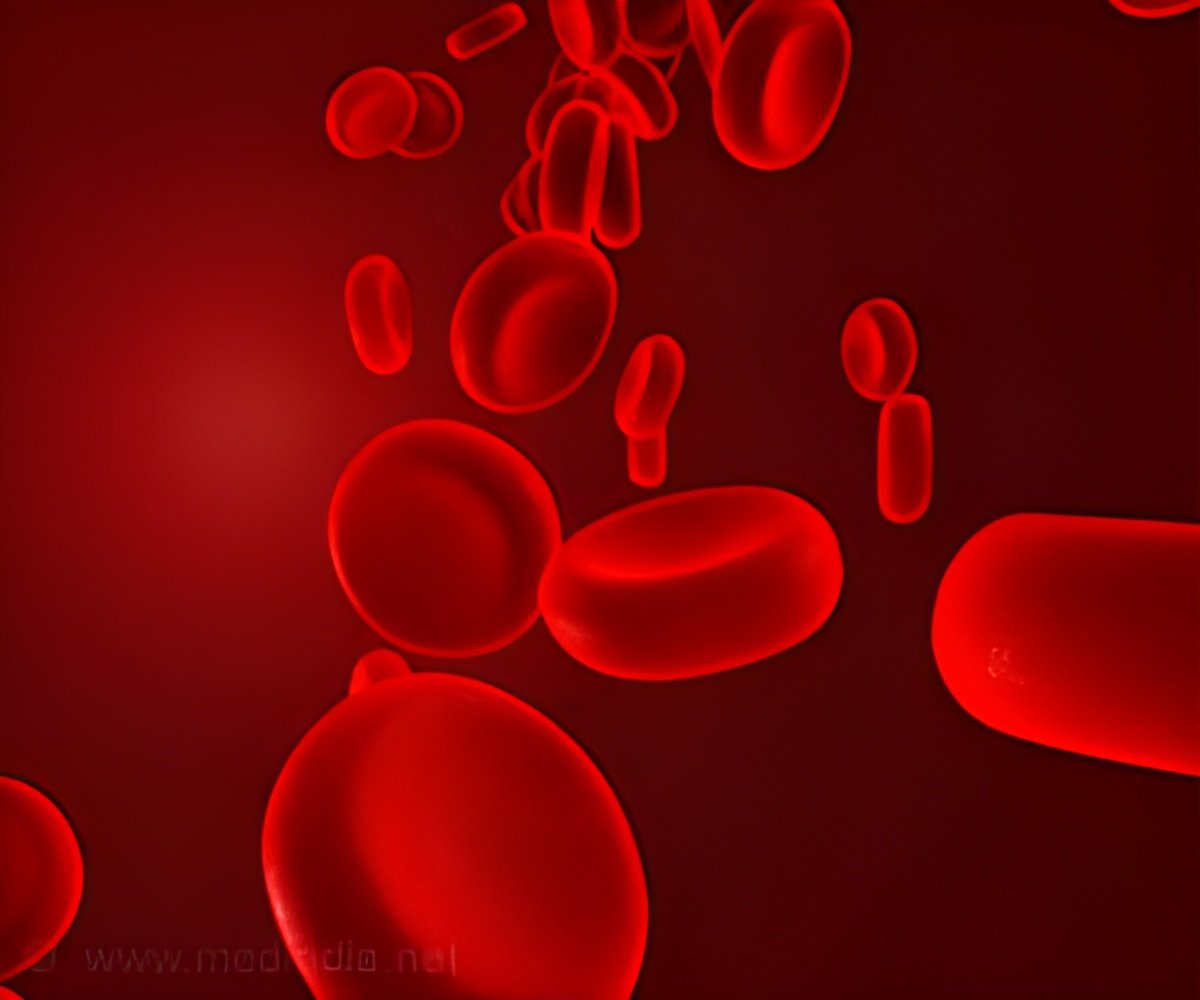
The panel continues to recommend that all patients receive aspirin immediately after hospitalization, continuing as long as it is tolerated. Among the other new recommendations:
- Patients unable to take aspirin may receive prasugrel for artery-opening procedures since research on the medication is restricted to those patients. Ticagrelor or clopidogrel may be given whether patients receive medical therapy alone or are also having an invasive procedure;
- Patients undergoing invasive procedures should receive both aspirin and another antiplatelet medication;
- Patients undergoing medical treatment only should receive aspirin indefinitely and clopidogrel or ticagrelor for up to or at least 12 months.
The AHA and ACCF issue focused updates when pivotal new data are reported that may affect changes to current recommendations and meet specific criteria. One year after the last update, the biggest change is the recommendation to consider ticagrelor as a treatment option in addition to clopidogrel and prasugrel. The panel's report highlights both the benefits (anti-clotting action) and risks (bleeding) of the new drug.
"We have put it on equal footing with two other antiplatelet medications, clopidogrel and prasugrel," said Hani Jneid, M.D., lead author of the update and an assistant professor of medicine and director of interventional cardiology research at Baylor College of Medicine, and an interventional cardiologist at the Michael E. DeBakey VA Medical Center in Houston.
Unstable angina occurs when the heart muscle doesn't get enough blood flow and oxygen because a coronary artery is partially blocked. In NSTEMI, there are also abnormal heart enzymes, indicating that some damage to heart muscle is already occurring.
"These conditions are very common and carry a high risk of death and recurrent heart attacks," Jneid said. "The AHA and ACCF constantly update their guidelines so that physicians can provide patients with the most appropriate, aggressive therapy with the goal of improving health and survival." To continue to improve the treatment of these important conditions, the panel encourages clinicians and hospitals to participate in a quality of care data registry designed to track and measure outcomes, complications and adherence to evidence-based recommendations.
Advertisement
Source-Eurekalert















